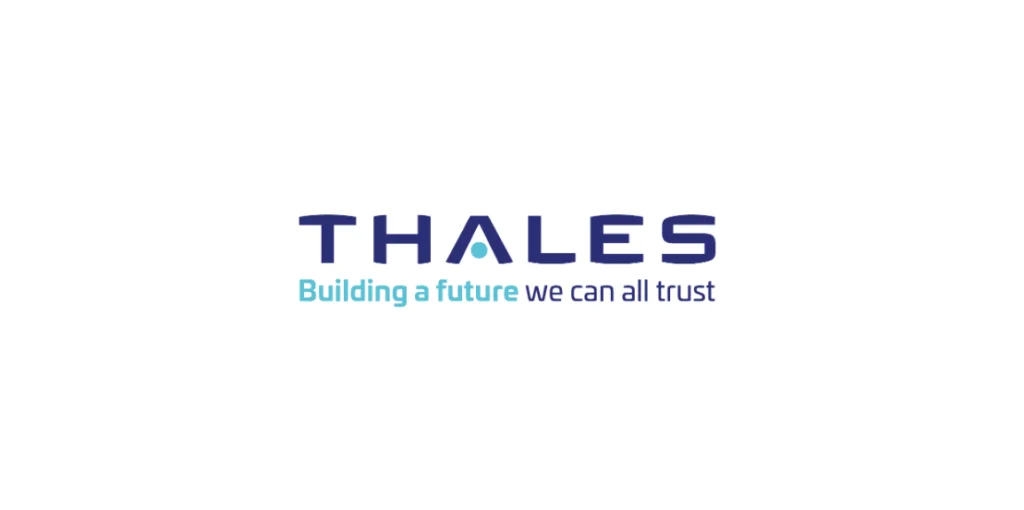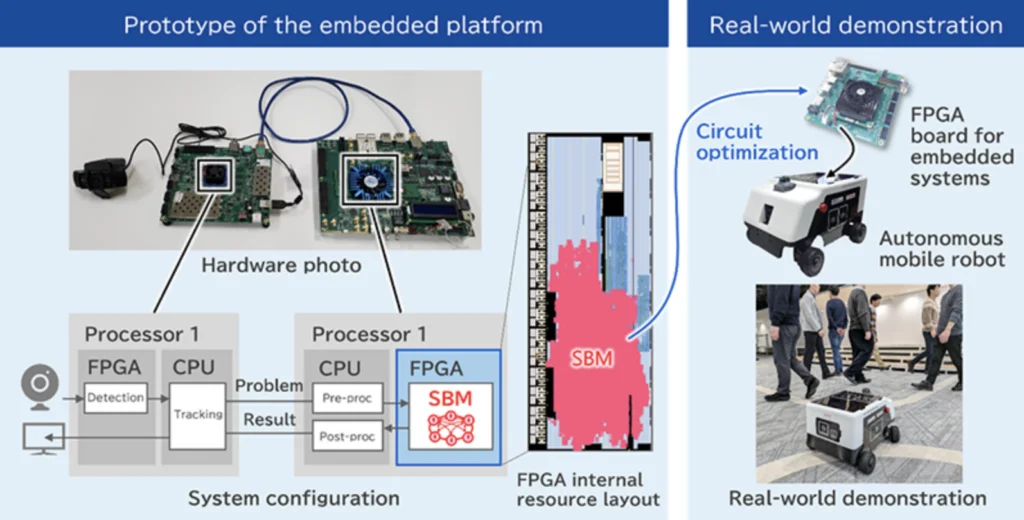Insider Brief:
- Pasqal, GENCI, and EDF successfully demonstrated energy demand forecasting on more than 100 qubits to show quantum computing’s potential in resolving challenges posed by the growing adoption of electric vehicles and renewable energy integration.
- In 2023, 26% of new cars sold in France were EVs or plug-in hybrids, a 47% increase from the previous year, speaking to the need for advanced energy supply and demand optimization tools.
- The project is part of the Pack Quantique (PAQ) program, funded by the Île-de-France Paris Region, which allocated €1.5 million (approximately $1.6 millsion) in 2020 to explore quantum computing applications in industrial use cases, including electricity demand optimization.
PRESS RELEASE — Pasqal, a global leader in neutral-atom quantum computing, and the Grand Équipment National de Calcul Intensif (GENCI) have announced the experimental realization of a smart charging use case to successfully run energy demand forecasting on more than 100 qubits. In partnership with EDF – a major leader in energy transition – this project has demonstrated the potential of Pasqal’s technology in tackling forecasting and optimization challenges posed by the growing complexity of energy supply and demand as electric vehicle (EV) purchases increase.
In 2023, 26 percent of new cars sold in France were EVs or plug-in hybrid vehicles—representing a 47 percent increase from the year prior. The growing number of EVs being plugged into the grid, coupled with the diversified portfolio of electricity sources due to the growth of renewables, has created a complex dynamic for predicting and planning electricity demand and distribution. Quantum computing when scaled up, should have the capacity to schedule resource allocation in this increasingly intricate environment, taking into account expected and real-time availability and strain for more accurate forecasting of energy demand. Pasqal’s neutral atoms quantum technology can handle such complex sets of data—delivering more robust analyses required for forecasting.
“The rapid progress we’ve seen over the last few months is tangible proof of the potential value of quantum computing in the energy forecasting space,” said Loïc Henriet, Co-CEO of Pasqal. “EDF and GENCI are ahead of the curve in prioritizing the deployment of new-age solutions capable of combatting the limitations of traditional computers and AI. This milestone will be a springboard of continued momentum as Pasqal continues on its journey to bring the power of quantum computing out of the laboratories and into industries.”

The partnership between Pasqal, EDF, and GENCI is part of Pack Quantique (PAQ), a unique and tailored quantum inception program to support the quantum computing sector funded by the Île de France Paris Region. In 2020, PAQ received a first installment of 1.5 million euros (approximately $1.6 million) to fund three projects, one of them being the collaboration between Pasqal and EDF to determine how electricity demand algorithms could be implemented on Pasqal’s quantum computing technology. Pasqal has been collaborating with EDF since 2018, specifically its R&D department, to bring fast solutions to hard optimization problems. GENCI, the French High Performance Computing (HPC) agency and the first Pasqal customer, with Ruby, a 100-qubit quantum system installed and operated by CEA at TGCC, is a main enabler of PAQ, and a key European player in the European High Performance Computing Joint Undertaking project.
“Our collaboration with Pasqal has been all about exploring new possibilities, and we’ve reached a new frontier of electricity management optimization with Quantum Computers,” said Joseph Mikael, Head of Quantum Computing at EDF. “At EDF, we are committed to harnessing the power of quantum computing to accompany the energy transition, and thanks to Pasqal we continue to make progress in this direction.”
“This kind of innovation, demonstrated concretely on a physical system by Pasqal and EDF, is why we invest in projects like PAQ, which ultimately enables the entire ecosystem,” said Stephane Requena, CTO from GENCI. “Our continued work with Pasqal is fueled by the understanding that quantum computing can unlock results unachievable by classical computing, and this in turn creates better living conditions for the average energy consumer.”
The scientific teams of EDF and Pasqal have recently published a joint paper to illustrate the use case, and you can read it here: https://arxiv.org/abs/2411.16656.













